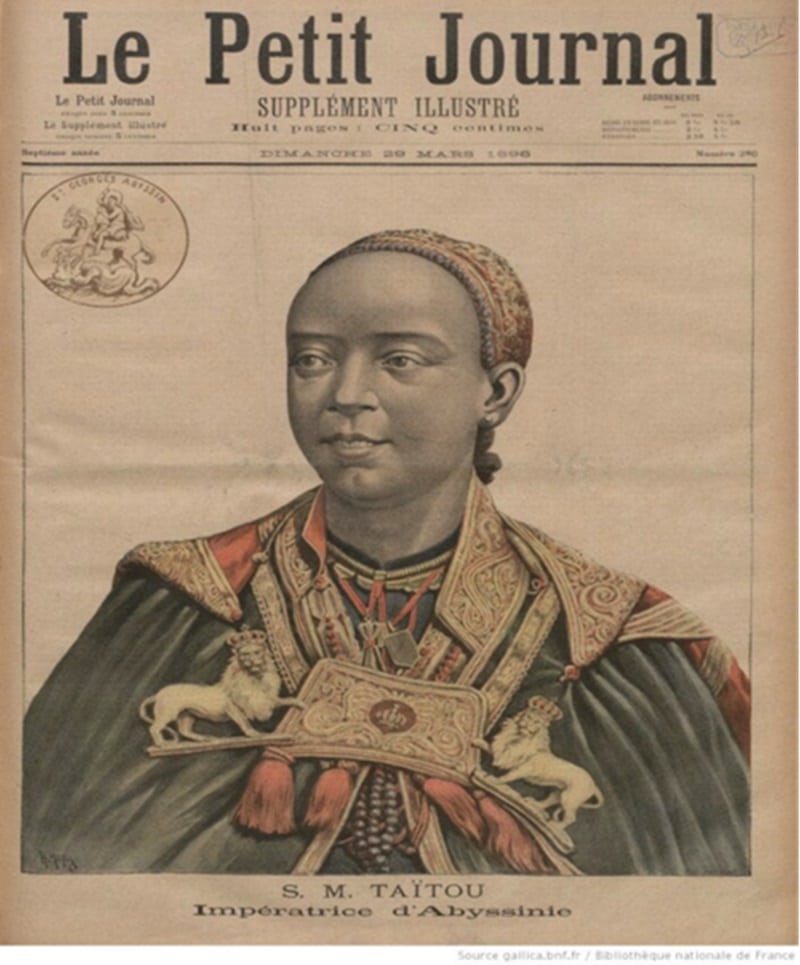
Proverb Woreta
March 3, 2025
One Hundred Twenty-Nine Years Later: Has been hea’s Unfinished Battle
On March 1, 1896, Ethiopia delivered a resounding blow to colonial ambitions at the Battle of Adwa. This victory was not just a military triumph but a powerful testament to the unity and resilience of a diverse nation. However, today, the legacy of Adwa is under threat, deliberately undermined by those who seek to perpetuate division for their own gain.
The Italian Ambition: A Lust for Empire
Italy, a latecomer to the imperial scramble, sought to establish itself as a colonial power by targeting Ethiopia. The Treaty of Wuchale, manipulated by Italy, was intended to establish a protectorate over Ethiopia. However, Emperor Menelik II saw through the deception and refused to submit, igniting a powerful sense of national unity.
Forging Unity: A Nation in Arms
The Italian invasion did not fracture Ethiopia; it united the nation. Menelik II, with Empress Taitu Betul playing a crucial role, rallied diverse ethnicities and regions under a single banner. From Oromo cavalry to Tigrayan warriors, Ethiopians from all levels of society answered the call to defend their homeland. Eritrean fighters, who had been subjected to Italian colonial rule, also played a crucial role in resisting the Italian advance, fighting alongside their Ethiopian brethren in a shared struggle for freedom. This unprecedented mobilization was a testament to the strength of Ethiopian identity and leadership.
Eritrean Heroes in the Battle of Adhere
While Eritrea was under early Italian colonial rule, many Eritreans refused to submit and fought alongside Ethiopia during the Battle of Adwa. Brave Eritrean fighters, defectors from Italian-controlled territories, provided intelligence, disrupted Italian supply lines, and accepted arms in the decisive battle. Their role in Adwa was an assertion of shared history and destiny between Eritreans and Ethiopians. These heroes, like the rest of Ethiopia’s warriors, fought for sovereignty, proving that colonial forces could not divide them. The blood they shed on the battlefield cemented the unity of the struggle against imperialism.
Leadership: The Architect of Victory
Menelik II’s strategic brilliance and Empress Taitu Betul’s tactical acumen were paramount to the victory. They understood the terrain, mobilized resources effectively, and inspired their troops with unwavering resolve. Their leadership was a beacon, guiding Ethiopia through the darkness of invasion.
Read more –— Adwa The Battle for Unity_ the War on Memory and the Call for a Second Adwa 2
.
.
.
#Adwa #Battle #Unity #War #Memory #Call #Adwa
Source link











